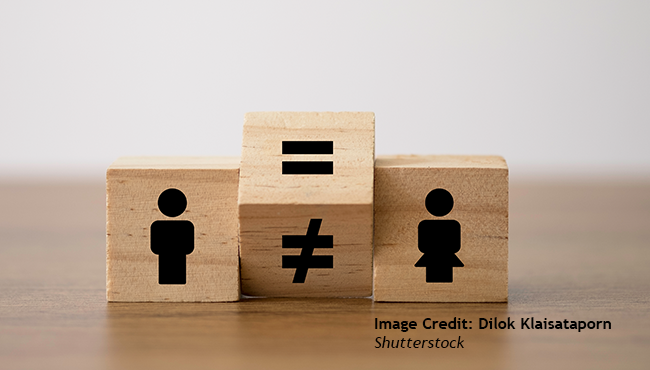Winds of Change in South Korea’s Gender Debate

(This is the first blog post in a series of similar posts on gender equality in South Korea – Click here for the second post in the series)
As the 2022 South Korean presidential election draws nearer, political parties and candidates have begun to proclaim their ambitions. Among them is the newly elected chairman of the main opposition People Power Party (PPP) Lee Jun-seok. In July, he called for the abolition of both the Ministry of Gender Equality & Family and the Ministry of Unification, claiming they no longer serve a purpose. Several South Korean officials and members of the Democratic Party (DP) heavily criticized the statement for being outdated and anti-progressive. Even North Korean media slammed the statement for “showing outright discrimination against women”. This is not the first time the conservative leader has made controversial statements. Lee’s assumption of power and rising support among young males who feel disadvantaged by Korean society and the push for gender equality reflects a backlash against efforts to promote a more equal society. This is the latest chapter in South Korea’s ongoing gender debate.
Backlash to South Korea’s Push for Gender Equality
There has been an upsurge in the feminist movement in South Korea, where discrimination in the workplace, sexual violence, as well as unrealistic beauty standards have been criticized and discussed in the public debate. This has also led to the adoption and implementation of several gender equality measures, as well as a change in cultural norms. Yet, South Korea’s gender gap remains the highest among OECD countries, and female representation in the government and wage equality continue to be serious issues. Interestingly, there appears to be a gendered divide in the perceptions of inequality among the population, where both men and women have indicated that they face systemic disadvantages. According to a survey conducted by the Ministry of Gender Equality & Family, 74.6 percent of female respondents, aged 15 to 39, considered Korean society unequal and unfair for women. In the same survey, 51.7 percent of male respondents said they felt discriminated against. This appears to be part of a larger trend of young Korean males voicing their dissatisfaction with the gender progressive policies adopted under the Moon administration.
In South Korea, as in many other countries, it has been common for young voters to lean more liberal. With the new trend of young males making a sharp rightward turn, this has started to change. Fueled by misogyny and a toxic culture of meritocracy, many male voters have internalized the perception of being “victims of feminism”. Some drivers of this backlash effect are high youth unemployment and a harsh educational environment, where men increasingly view women as their “competitors” both in school and at the workplace. Another explanation is the misconstrued stigma of feminism and feminists as being “man-hating”, a growing societal misunderstanding that is easy for politicians like Lee to capitalize on. Indeed, the young conservative leader has come to embody the anti-feminist movement.
Lee Jun-seok Phenomenon and Rise of Youth Conservatism
The 36-year-old Lee Jun-seok is the youngest ever chairman of the PPP, and his journey to the top has been anything but conventional. Known for his meritocratic views and traditionalist stance on gender, the politician has campaigned through social media and attracted young voters with a desire for change. An example of his social media campaigning followed the recent democratic party’s loss in the Seoul and Busan mayoral races. Following the mayoral by-election, Lee wrote on his Facebook page that the conservative success is unsurprising due to the Democratic Party’s “fixation on a pro-women agenda,” underestimating young males aged 20-30. In the Seoul election, exit polls showed that 72.5% of men in their 20s voted for the PPP, which was an even higher figure than male voters aged 60 and older.
What does Lee’s rising support mean for the gender debate in South Korea? Is this new conservative trend among Korean youth (especially males) a sign that the winds have changed? Perhaps, it is a sign of the times, and comparable to what other developed countries are experiencing. Given the recent trajectory of misogynistic backlashes against progressive policies elsewhere, it is not surprising that South Korea is experiencing parallel developments. The conservative trend can also be a result of the impending election since political opposition usually develops toward the end of a President’s term. If history is any guide, a conservative resurgence could be expected at the end of the liberal Moon Administration.
Whether this surge in youth-conservatism is a result of the political cycle or not, it emphasizes the need to investigate how shifting dynamics of South Korean society are affecting youth perceptions of equality. Understanding what motivates young males to oppose gender-progressive policies is critical to comprehending the current South Korean gender debate.